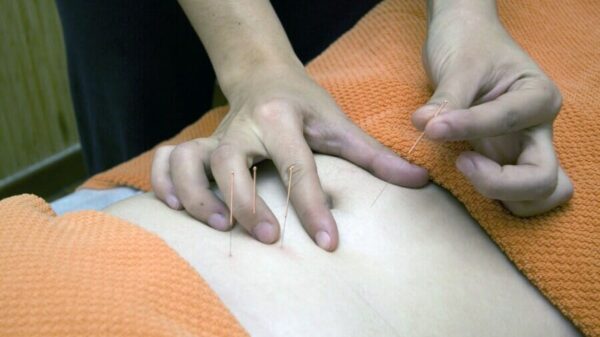While the supplement landscape can be confusing, creatine—an amino acid synthesized in the body that aids in muscle energy production—is generally regarded as safe. A 2017 review in the Journal of the International Society of Sports Nutrition indicated that doses up to 30 grams daily are well-tolerated for at least five years.
Research shows that individuals consuming higher amounts of dietary creatine—approximately one gram daily—exhibited a 31 percent lower risk of depression compared to those who consumed only 0.15 grams daily, based on data from the National Health and Nutrition Examination Survey. Scientists from the University of Utah proposed that creatine may enhance brain energy metabolism and capacity, potentially helping to alleviate depressive symptoms.
“One key hypothesis involves creatine’s ability to enhance cellular energy metabolism, potentially ameliorating the energy hypometabolism often seen in depression,” explains Ryan Sultan, MD. He further notes that major depressive disorder is associated with impaired energy metabolism in the brain. Supplementing with creatine might help restore this energy balance.
Among individuals dealing with depression, creatine supplementation has been shown to boost the effectiveness of antidepressant treatments, according to a 2023 review published in Sports Medicine. “Conventional psychotherapies might not adequately address the fundamental symptoms, making the combination of creatine with antidepressants a potentially successful strategy,” Sultan states. In a 2017 study published in the Journal of Clinical Psychopharmacology, women who had previously been unresponsive to standard antidepressants showed significant improvement in depression when given five grams of creatine daily (along with 200 milligrams of a serotonin precursor) for eight weeks.
Creatine’s potential benefits may extend beyond just energy metabolism. Research indicates that individuals suffering from depression often have lower levels of brain-derived neurotrophic factor (BDNF), which is essential for generating new neurons and maintaining neural connections for brain health. Sultan suggests that “creatine may help elevate BDNF levels.”
Nonetheless, before diving into creatine supplementation, Sultan cautions that “while initial findings are encouraging, more comprehensive and rigorous studies are necessary to conclusively determine the effectiveness of creatine as a treatment for depression.”
Just as exercise is not a substitute for therapy or medication, those grappling with mental health issues should first seek guidance from a professional who can assist in addressing the underlying causes, rather than heading straight to the supplement aisle.
Image Source: Prostock-studio / Shutterstock

































